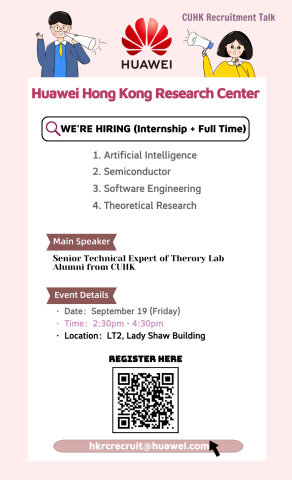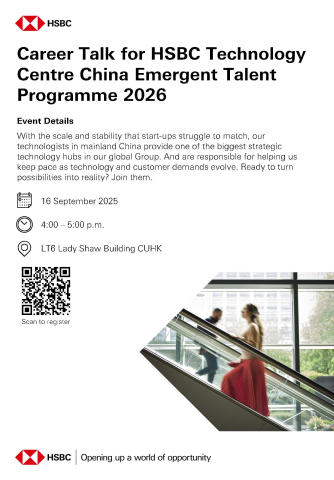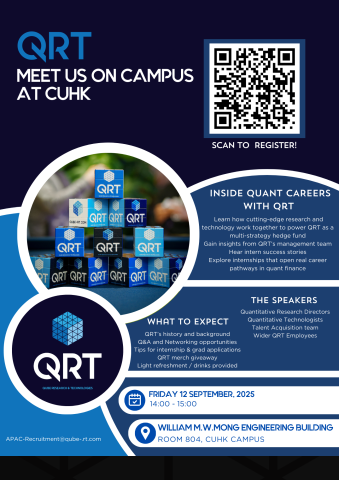The Chinese University of Hong Kong’s (CUHK) Faculty of Engineering and Tencent Technology (Shenzhen) Co. Ltd. (Tencent) signed a Memorandum of Understanding (MOU) to step up efforts to cultivate technology talents and strengthen the University’s links with corporations.
The MOU marks a collaboration between the academic and business sectors to foster thought leadership and nurture future generations of innovation and technology leaders. The memorandum marked the implementation of jointly establishing internship opportunities and the exploration of a framework for cooperation in the field of recruitment activities, so as to facilitate further scientific research collaboration.
Under the MOU, Tencent offers internship and talent programmes that give CUHK Engineering students the chance to gain first-hand experience of business and industry knowledge. As part of this strengthened cooperation between academia and industry, students from the fields of computer technology, software engineering, artificial intelligence, cyberspace security and other related majors are the potential participants.
The MOU was signed by Professor Tsang Hon-ki, Dean of CUHK’s Faculty of Engineering, and Mr. Kenny Luo Haibo, Tencent Global Head of Recruitment and The Human Resources Director of Tencent’s Technology and Engineering Group.
Professor Tsang Hon-ki remarked, “We are delighted and honoured to collaborate with Tencent to nurture future R&D talents. The Faculty of Engineering has always been committed to R&D development and talent cultivation. We have always provided internship opportunities for our students, enabling them to solve practical challenges in R&D by applying the knowledge and skills they have learnt in class. This strategic partnership with Tencent, a leading internet and technology company in Mainland China, marks another new milestone for the Faculty of Engineering. This elevates our efforts to nurture more R&D talents for Hong Kong and the broader Greater Bay Area.”
Mr. Kenny Luo Haibo added, “Tencent has been committed to recruiting and nurturing talents in tertiary institutions, especially on the introduction and development of scientific and technological talents. We treasure the opportunity to learn and grow with these outstanding young talents at The Chinese University of Hong Kong. This collaboration will provide students with a rich and diversified corporate internship and practical opportunities as well as hands-on problem solving of the cutting-edge technological topics. Through this collaboration, we look forward to building a broader platform for talents acquisition and promoting the development of scientific and technological innovation in the Greater Bay Area for the fulfilment of our mission.”












